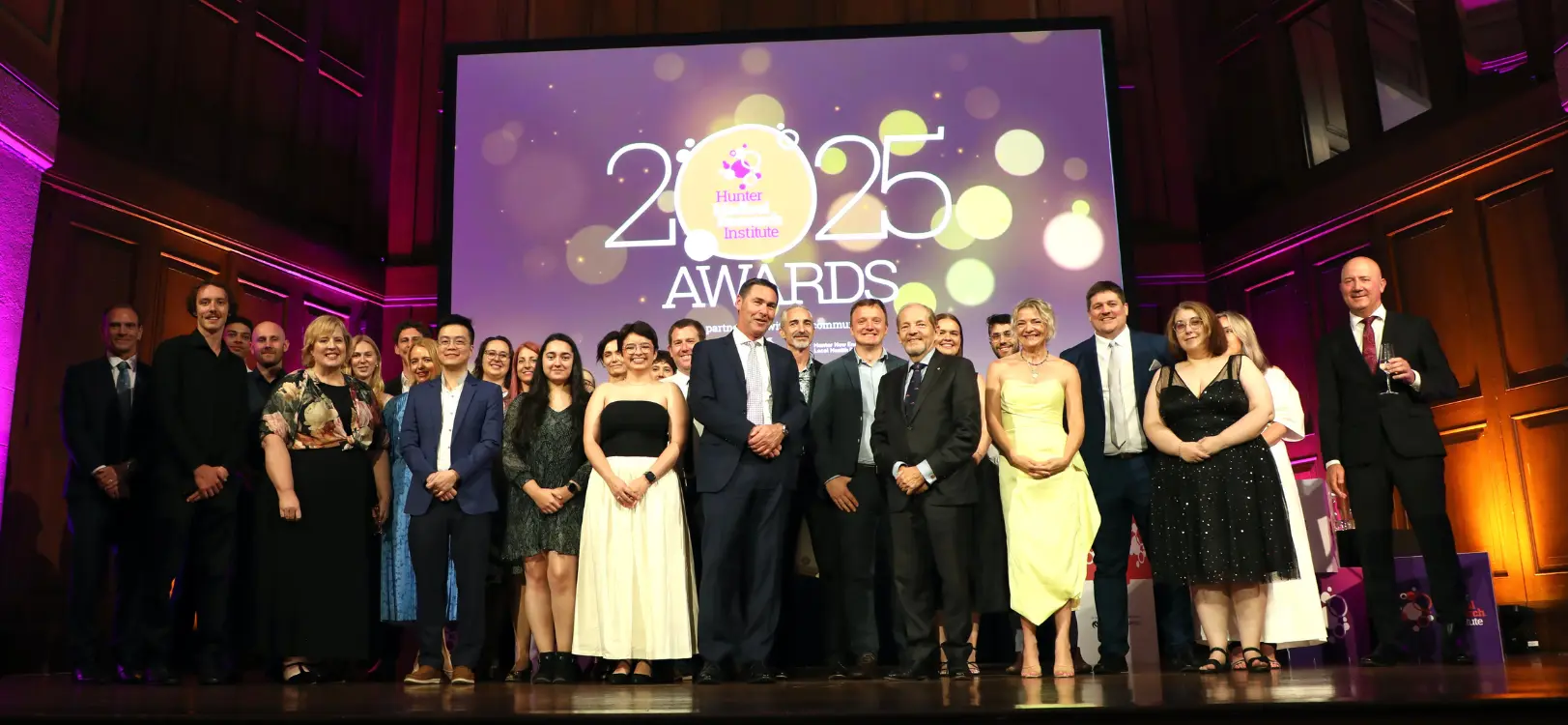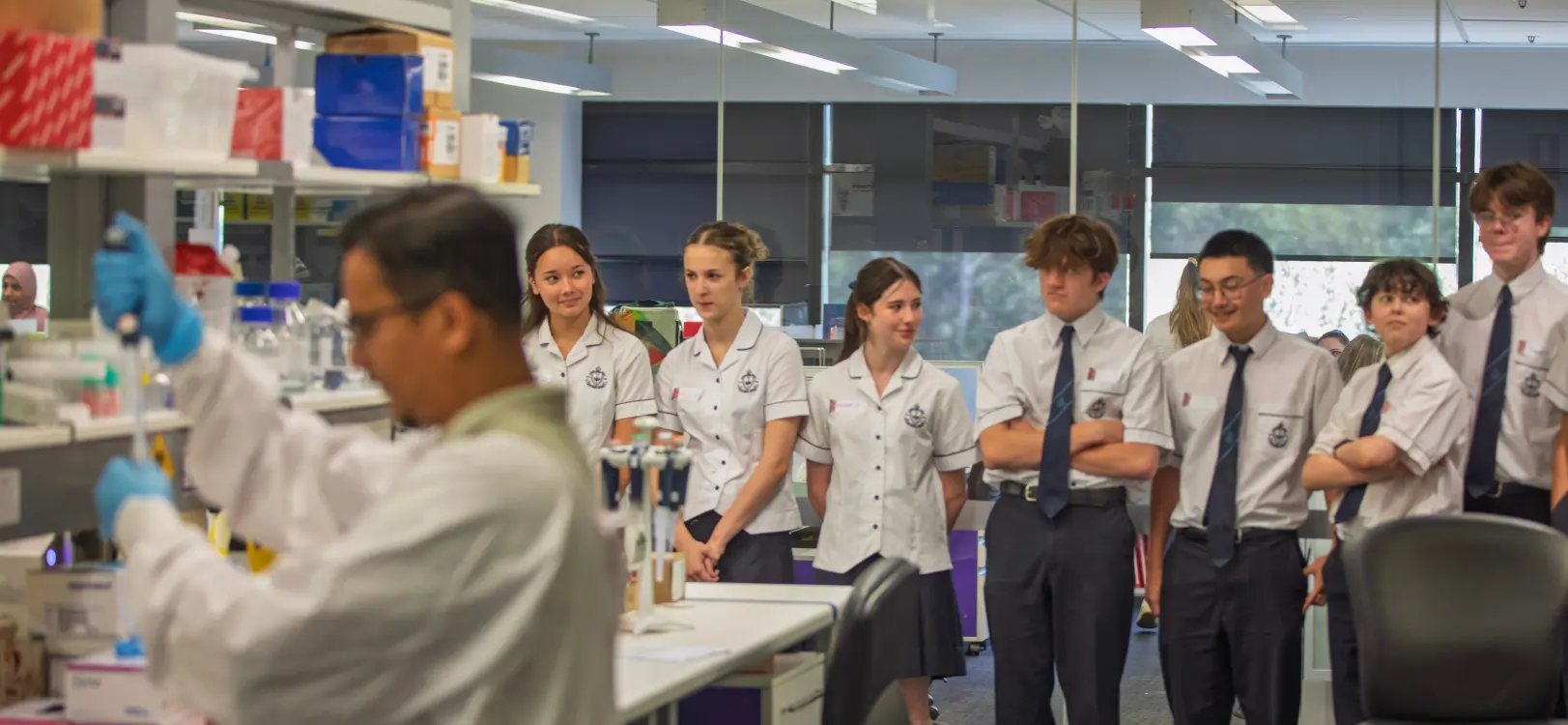Dr Vicki Maltby is the Multiple Sclerosis (MS) Research Manager for the MS Research team at the John Hunter Hospital and a Conjoint Lecturer in the School of Medicine and Public Health, University of Newcastle.
She completed both her BSc and PhD at the University of British Columbia in Vancouver, Canada. Her research focus was on basic research, studying histone modifications in the budding yeast, S. cerevisiae, to improve understanding of how gene expression is regulated. In particular, she conducted research on the interaction between histone lysine methylation and acetylation in the regulation of transcription, which regulates protein production.
In 2012, Vicki moved to Newcastle to study epigenetic function in autoimmune diseases at the Hunter Medical Research Institute. One year later, she was awarded a Multiple Sclerosis Research Australia and a Canadian Institutes of Health Research fellowship focused on epigenetic factors in multiple sclerosis with Professor Jeannette Lechner-Scott. Her current area of interest is epigenetic markers in MS, particularly DNA methylation and how changes might be used as biomarkers to predict treatment response.
Dr Maltby is currently running a large multi-centre Australian study that will explore the long-term effects of a newly approved therapy (on the PBS) for MS called Mavenclad. As part of this study, she will investigate long-term disease outcomes and use multiple biomarkers, including epigenetic markers, to determine treatment efficacy and response.








